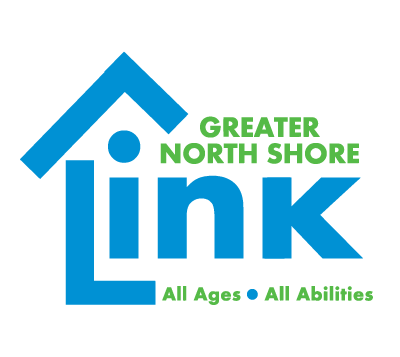About
About Greater North Shore Link
The goal of Greater North Shore Link is to empower individuals to make informed choices and to streamline access to long-term support through a no wrong door approach. Long-term support refers to a wide range of in-home and community-based services and programs that are designed to help older adults and individuals living with disabilities.
Vision
The Vision is to have Greater North Shore Link participating organizations serve as highly visible and trusted places where people can turn for information on the full range of long-term support options.
Mission
The Mission of Greater North Shore Link is to promote a single, coordinated system of information and access for all persons seeking long term services and supports, regardless of age, disability or income.
We are the North Shore’s Aging and Disability Resource Consortia
The Massachusetts Aging and Disability Consortia (ADRCs) offer consumers a coordinated system of information and access to long term services and supports regardless of age, disability or income. They serve individuals, families and providers, to support and empower elders and people with disabilities who have long term support needs to live with dignity and independence in the community.
ADRCs were first developed in Massachusetts in 2002. Greater North Shore Link is one of 11 ADRCs in Massachusetts.
ADRCs in Massachusetts
- Increase awareness of and provide reliable information about Long Term Services and Supports (LTSS);
- Support Individuals who need assistance in seeking services and making person-centered decisions;
- Simplify and streamline an individual’s access to desired LTSS through No Wrong Door collaborative partnerships; and,
- Promote and embody principles of consumer choice, consumer control, self-direction, cultural competency, and accessibility.
Key Aspects of the ADRC Model
- Partnership between aging service agencies and independent living centers/disabilities services
- No “Wrong Door” approach versus “Single Entry Point”
- Coordination and streamlining of key functions within existing organizations
- Involvement of consumers and community stakeholders as advisors
- Provide aging and independent living center/disability services staff with increased collaboration and knowledge of cross-age and cross-disabilities long term services and supports
Who do ADRCs Serve
- Persons of any age who have any type of disabilities
- Persons age 60 and over
- Family members and caregivers
- Private pay consumers (persons not eligible for public programs or individuals planning for their future long term care needs)
Benefits of the ADRC model
- Minimize consumer and provider confusion
- Streamline access to long-term services and supports
- Streamline service coordination
- Enhance individual choice
- Support informed decision-making
- Increase the cost-effectiveness of the long-term supports system
- Reach under and un-served populations
